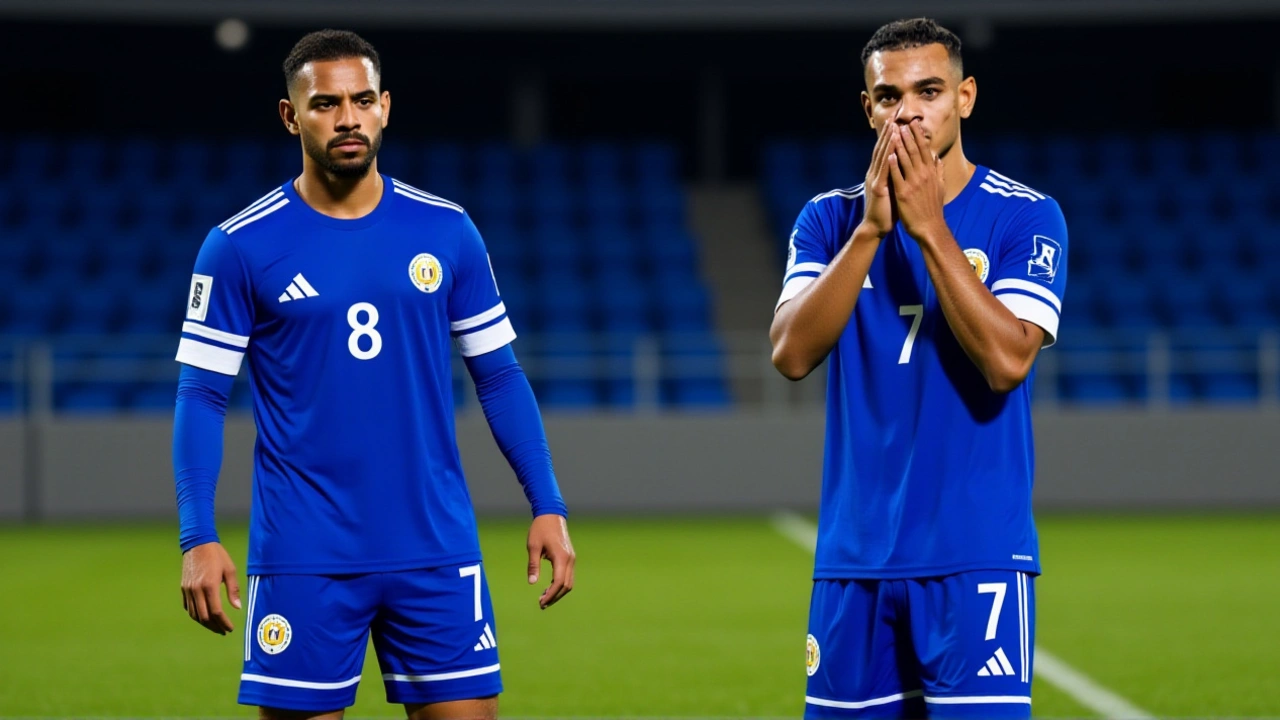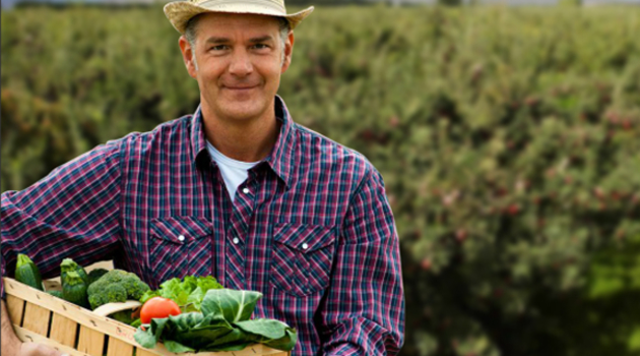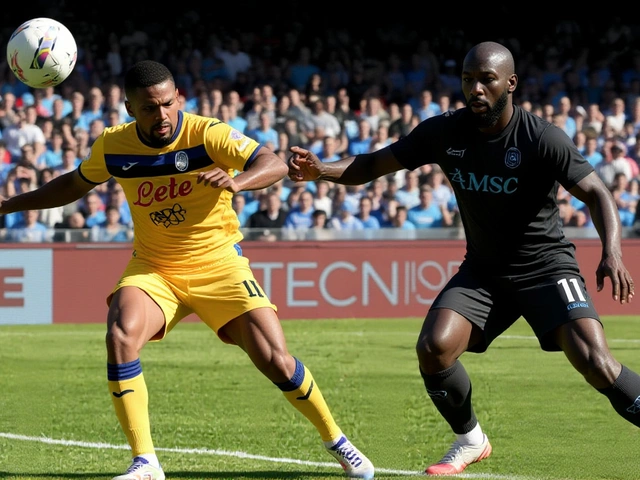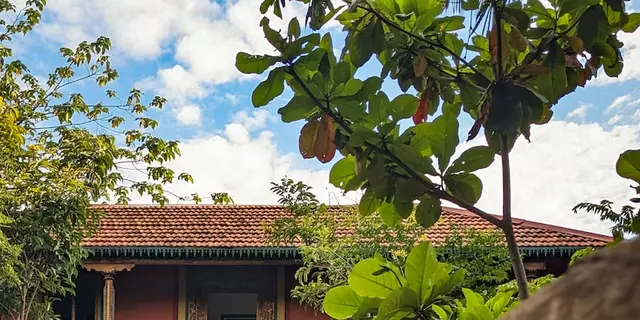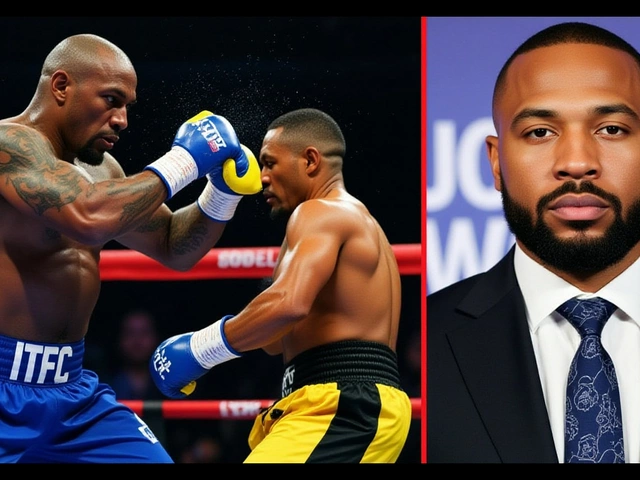On November 14, 2023, Curaçao stunned the home crowd at Florida Duffy Stadium in Pembroke Parish, Bermuda, with a 2-0 victory that injected new life into their 2026 FIFA World Cup Qualifiers campaign. Captain Leandro Bakuna delivered a masterclass, scoring both goals — one from the penalty spot, the other from a clever cutback — to lead the Blue Wave past a frustrated Bermuda side. The win wasn’t just three points; it was a statement. For a team that’s never reached a World Cup, this was a step closer to making history.
A Night of Firsts and Familiar Frustrations
It was a debut to remember for 19-year-old Jordy Paulina. On his first international cap, he drew the penalty that Bakuna converted in the 11th minute. The play unfolded when Bermuda’s back pass — described by commentators as a "hospital ball" — was intercepted by Paulina’s speed, forcing a foul inside the box. Bakuna didn’t rush. He feinted, waited, then slotted it low to the right. "Shot fake creating space," noted the official CONCACAF broadcast. "Confident penalty. That’s how you do it."
That first goal set the tone. Bermuda, under coach Michael Finley, had made three changes from their previous match, hoping to spark life into a squad that entered the game with zero points from four matches. But their attack lacked cohesion. Goalkeeper Eve was heroic — making a brilliant left-hand save in the 27th minute and denying a rebound chance moments later. Still, the wall couldn’t hold forever.
Then came the second. Bakuna, now unstoppable, raced down the left flank, drew two defenders, and whipped in a cutback that found a teammate at the far post. The finish was thunderous — "smashing finish, want more," as the CONCACAF feed put it. The goal came in the 68th minute. The stadium, which had been roaring in the final minutes of the first half, fell silent. The full-time whistle, according to the broadcast, was "a famous night for Cudas."
Why This Matters More Than Just Three Points
Bermuda’s winless streak in CONCACAF qualifiers now stretches to five matches. They’ve never qualified for a World Cup in their 90-year football history. The Bermuda Football Association, headquartered in Devonshire Parish, has watched neighboring islands like Curaçao, Jamaica, and Trinidad and Tobago leap ahead. This loss wasn’t just another defeat — it was a reminder of how far they’ve fallen behind.
Curaçao, meanwhile, is climbing. Their Curaçao Football Federation, based in Willemstad, has quietly built a competitive side over the last decade. In 2021, they reached the CONCACAF Nations League semifinals. Now, with six points from five matches in Group C, they sit just one point behind leaders Canada and two behind the U.S. — teams they’ll face in the final round. A top-three finish could mean direct qualification. Even fourth place opens the door to a playoff.
"They’re not just lucky," said former Dutch international and CONCACAF analyst Martijn van der Veen. "Curaçao’s youth development, especially through their academy in Willemstad, is producing players who understand spacing, pressing, and composure under pressure. Bakuna? He’s the glue. But he’s got 15 guys around him who can do the same thing now."
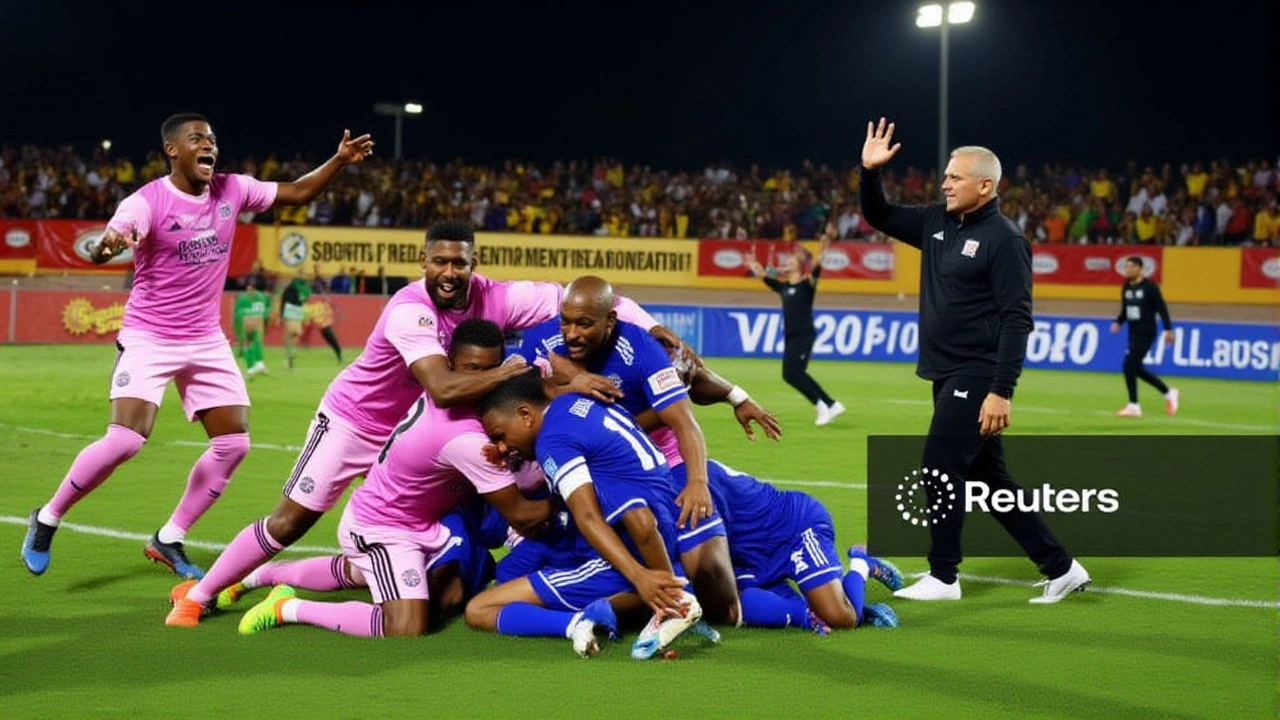
The Road Ahead — What’s Next?
Matchday 6 arrives in late March 2024, when Curaçao hosts Canada in Willemstad. Bermuda travels to Trinidad and Tobago. For Curaçao, beating Canada would be seismic — it would put them in direct contention for a World Cup spot. For Bermuda, a loss would all but end their hopes. Their next chance? Not until 2030, if they’re still around.
The contrast is stark. Curaçao’s population is about 160,000. Bermuda’s is 64,000. Yet Curaçao’s national team is playing with the confidence of a nation that believes it belongs. Bermuda? They’re still searching for their first win in a World Cup qualifier since 2015. And even that win came against a team that didn’t even qualify for the tournament.
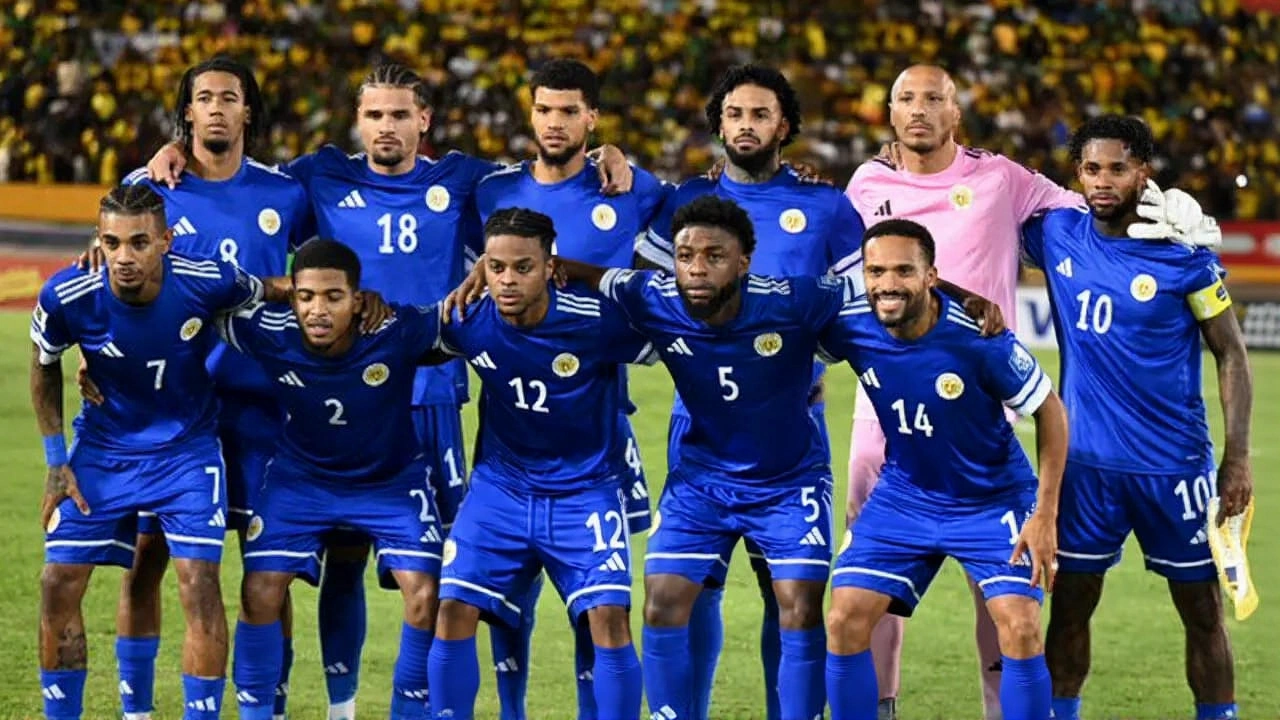
Historical Context: The Long Wait
No Caribbean nation has ever qualified for a World Cup from the bottom tier of CONCACAF qualifying. Even Haiti, once a powerhouse, has struggled since the 1970s. Curaçao’s rise is part of a broader shift — smaller nations with strong diaspora networks and better infrastructure are closing the gap. Suriname, Guyana, and even the British Virgin Islands have shown signs of progress. But Curaçao is ahead of the curve.
They’ve benefited from Dutch football influence — many players are trained in the Netherlands, and the federation has partnered with Dutch academies. Bakuna, for instance, played in the Eredivisie before returning home. Paulina is already being scouted by clubs in Belgium and Portugal. This isn’t just luck. It’s strategy.
And it’s working.
Frequently Asked Questions
How did Leandro Bakuna’s performance impact Curaçao’s chances in the qualifiers?
Bakuna’s two goals in the 2-0 win over Bermuda gave Curaçao six points from five matches, placing them in third in Group C — just one point behind Canada and two behind the U.S. His leadership and composure under pressure have been critical, especially in high-stakes moments. Without his goals, Curaçao would be stuck in the middle of the pack. He’s now the team’s all-time top scorer in World Cup qualifying.
Why has Bermuda never qualified for a World Cup?
Bermuda’s small population, limited infrastructure, and lack of professional domestic leagues have hindered development. The Bermuda Football Association has struggled with funding and player retention, as many talented athletes leave for college scholarships in the U.S. or pursue other careers. Their best World Cup campaign was in 1991, when they lost in the final qualifying round to Mexico. Since then, they’ve rarely finished above fourth in their group.
What’s the significance of the CONCACAF qualifiers for smaller nations like Curaçao?
For countries like Curaçao, the qualifiers are more than a tournament — they’re a platform for global recognition. A World Cup appearance brings funding, youth development grants, and international exposure. It also boosts tourism and national pride. Curaçao’s recent success has already led to increased sponsorships and youth participation — up 34% since 2020, according to their federation’s annual report.
Who is Jordy Paulina, and why is his debut important?
Jordy Paulina, 19, is a rising star from Curaçao’s academy system who plays for local club C.V.V. Inter Willemstad. His debut against Bermuda was historic — not just because he earned a penalty, but because he showed the maturity to hold off defenders in tight spaces. Scouts from Belgium’s Club Brugge and Portugal’s Sporting CP have already requested footage. His emergence signals Curaçao’s shift from relying on veterans to building a new generation.
Where was the match played, and why does the venue matter?
The match took place at Florida Duffy Stadium in Pembroke Parish, Bermuda — the island’s primary football venue. While it’s a modest 7,000-seat facility, playing on home soil is supposed to be an advantage. Curaçao’s ability to win there, despite the hostile crowd and humid conditions, shows their mental toughness. It’s a sign they’re no longer intimidated by the home-field dynamic — a key trait of top-tier teams.
What’s the next big test for Curaçao in the qualifiers?
Curaçao’s next match is against Canada on March 21, 2024, in Willemstad. Canada is currently top of the group with nine points. A win would put Curaçao in direct contention for one of the three automatic World Cup spots. A draw might still keep them alive, but a loss would likely push them into the playoff bracket — a tougher path. The entire Caribbean is watching.
